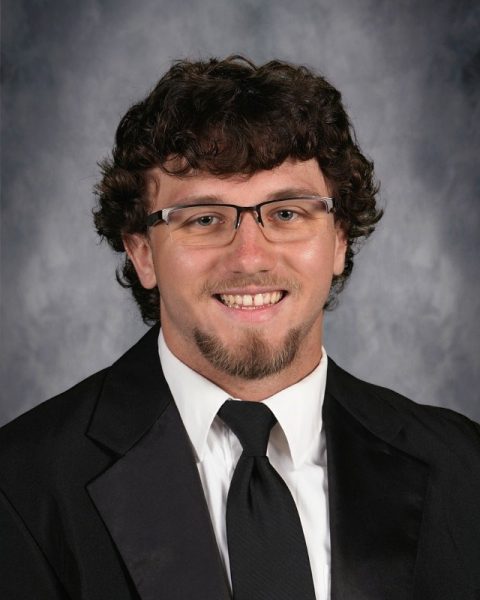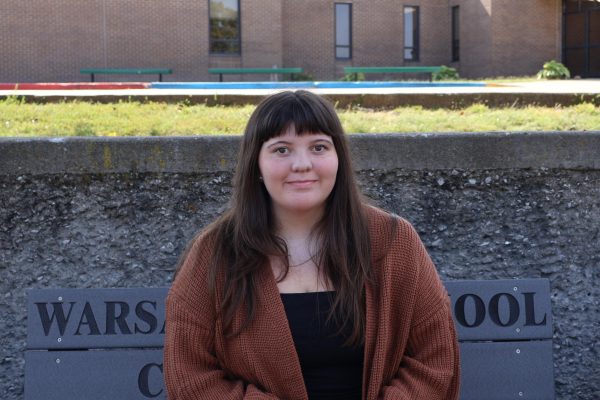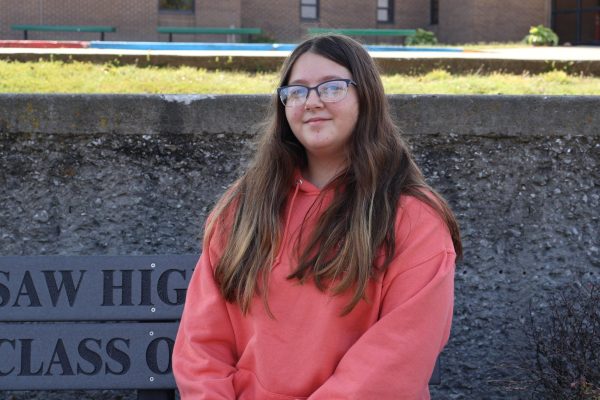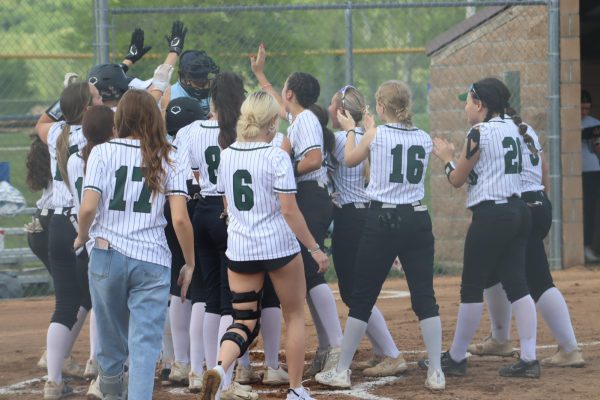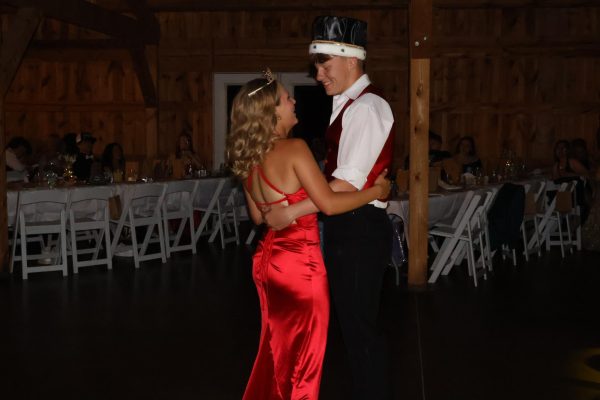Wildcat Drive
Teens should make themselves aware of violent relationships
This time of year, everyone seems to be talking about Valentine’s Day. Sappy movies crowd the theaters, heart-shaped boxes of chocolates fill grocery stores and giant teddy bears disappear off the shelves. For centuries, Valentine’s Day has been seen as the one day out of the year to celebrate the person you love. But it is also the time of the year that I feel everyone is silent about the not-so-perfect relationships.
According to “11 Facts About Teen Dating Violence” by DoSomething.com, roughly 1.5 million high school students admitted to being physically harmed by someone they are romantically involved with. Teens who suffer this abuse are more liking to fall victim to alcoholism, eating disorders, promiscuity, suicidal thoughts and violent behavior. Half of those who experience physical or sexual abuse are more likely to commit suicide.
No one is exempt from the possibility of being abused. Anyone can be a victim of relationship violence.
According to “Dating Abuse Statistics” by Love is Respect, girls and young women between the ages of 16 and 24 experience the highest rate of intimate partner violence, which is triple the national average. These cases can also be greater when started in adolescence.
Part of the problem is that teens don’t always know the signs of an unhealthy relationship and will believe that their partner’s actions are normal. Many teens may think they are safe from violent relationships, and that it will not happen to them. Jealousy, threatening, blaming, stalking and degrading, controlling and manipulative behavior can be early signs for teens to see that they are about to enter a relationship like this.
According to “5 Reasons Why Teenagers May Not Be Aware of an Unhealthy Relationship” by Reach Beyond Domestic Violence, teens find that it is hard to take advice from others because they want to accept the role of responsibility and control. New relationships can be exciting for teens, especially if it’s their first one. There can be a lot of pressure to live up to the standard that movies and books have set, such as movies like High School Musical and Grease.
If someone has to suffer from any of these because of their current relationship, there’s a problem. Schools should take time at one point to discuss the signs of an unhealthy relationship.
According to “What can schools do to protect children and young people from sexual exploitation?” by National Society for the Prevention of Cruelty to Children, schools should promote healthy friendships and relationships through their school ethos, child protection and behavior policy and anti-bullying work. But instead of just promoting it, educators and administrators should be telling teens that it isn’t okay and that they can get help from any adult.
To Love is Respect, there is a lack of awareness for these relationships. Only 33 percent of teens who were in a violent relationship ever told anyone about the abuse, and 81 percent of parents believe that teen dating violence isn’t an issue.
In my opinion, this is a huge issue that should have more national attention. Schools can be a guide to lead students in the right direction by teaching the signs of an unhealthy relationship, and making it known that they’re there to help. No one should feel like they’re alone, and no one should feel like this “love” is ever enough.

Makayla Mais is a senior at Warsaw High School and this is her third year in journalism. This is her second year serving as editor-in-chief. She is currently...




